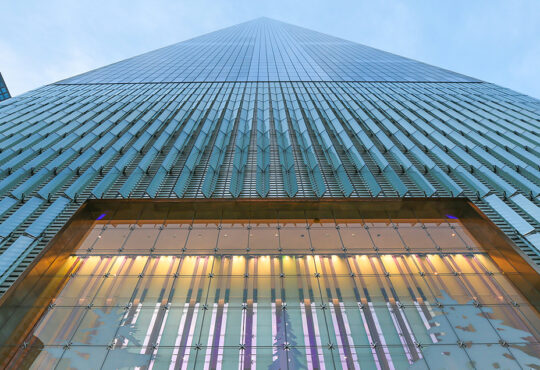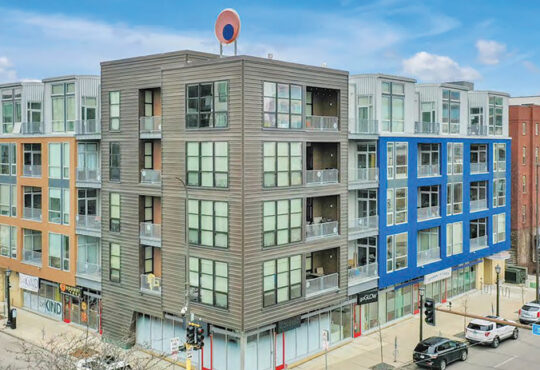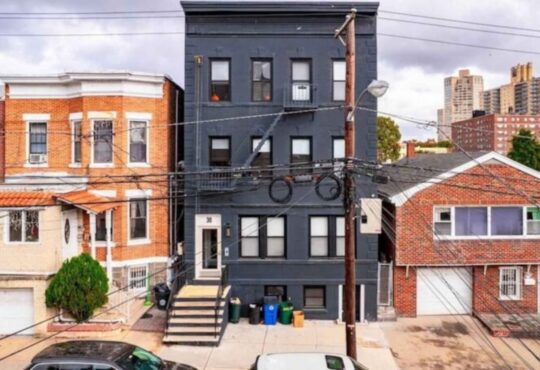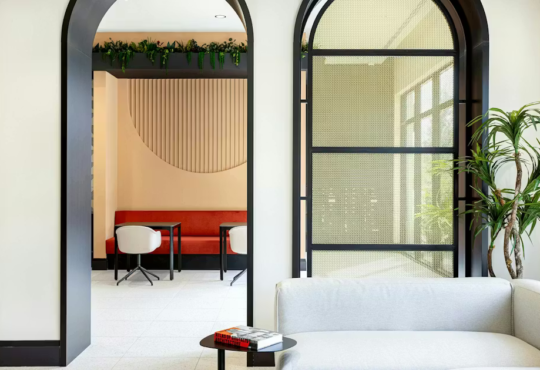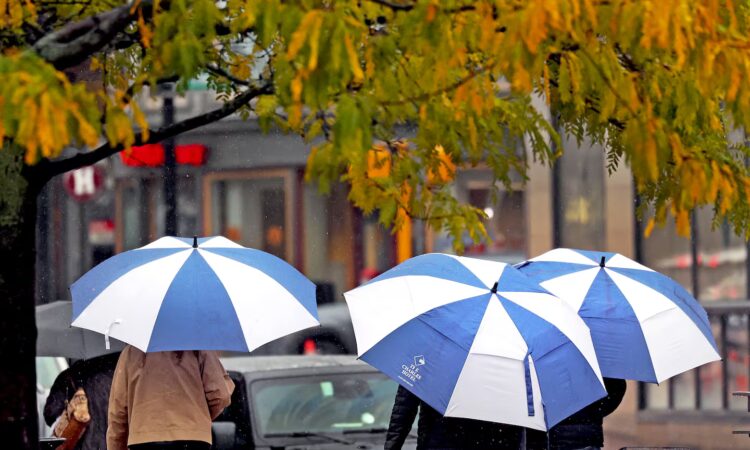
The City Council unanimously approved the new rate, which along with other forms of revenue will help cover the city’s $992 million operating budget. The city’s residential tax rate, meanwhile, inched up more slowly, by about 5 percent.
The impact of bigger commercial property tax bills won’t be felt evenly, as certain types of commercial properties will be asked to pay more than others.
Cambridge saw a boom in lab and office construction in recent years. The market has since cooled, and the resulting sag in property values for office and lab space now means the city’s shops, restaurants, and hotels will have to make up the difference.
Some fear it could be too much for many locally owned places to weather.
“It’s really the small independents that will have the hardest time absorbing this tax load,” said Kari Kuelzer, who owns Cambridge restaurants Grendel’s Den and The Sea Hag, and is chair of the board of directors for an organization called Cambridge Local First. Kuelzer said the lease for the Sea Hag requires her to pay for any tax increases, which means Monday’s vote will hurt.
“And a lot of the cause of it is these big players — the labs and the big offices — have pulled out of the economy, leaving us here to hold the bag,” she said.
The Monday vote on the tax rate comes after the city opted this summer to increase its budget by 3.8 percent.
About a third of the city’s property tax revenue comes from residences. The rest comes from commercial spaces, and the total assessed value of commercial property in the city fell by 12.4 percent over the prior fiscal year.
“The decisions before us are not really related to how high or low the tax rate is. That’s really driven by the budget that we set,” said Yi-An Huang, Cambridge’s city manager.
Some types of commercial buildings will feel that increase more than others.
The median value of office space in Cambridge dropped 14.6 percent year over year, according to an analysis prepared this month by the city and shared with local business groups. In real-dollar terms, office building owners’ tax bills will only go up 4.3 percent on average, the city’s figures said.
It’s a different story for retail and restaurant spaces, whose tax bills will jump 10.4 percent, according to the analysis.
And for hotels in Cambridge, which saw their property values inch up about 3 percent on average, the city said the median tax bill will increase by nearly 26 percent.
It’s enough to sting, said Kuelzer. And while taxes are a relatively small line item compared to the overall costs of running a business, every dollar counts.
“It’s really bad timing. We just opened two years ago. We’re just starting to make money, really, so we’re tight. It could be hard,” Kuelzer said. “This could actually be the end of us. We’ll see.”
Cambridge’s newly approved commercial tax rate, $14.07 per $1,000, isn’t particularly high, relatively speaking, even after the hike.
Somerville’s rate as of the last fiscal year was nearly $5 higher, at $18.92. Boston’s was $25.96.
Still, the sticker shock of such a sudden jump in taxes in a pricey market is presenting challenging questions to the leadership of a wealthy city with a nearly billion-dollar budget, top schools, and expensive but popular new programs that include universal pre-K.
“We have no choice but to either raise our taxes to cover it or reduce our spending,” said Patricia Nolan, a city councilor and chair of the city’s finance committee.
More trouble may be coming, she said in an interview. Current property assessments don’t yet account for the most recent vacancy rate for lab and research space, she said, nor does it include any impact federal funding cuts might have on the city’s bottom line.
“I think this year can be weathered. But if this continues like this it’s going to be incredibly challenging,” Nolan said. “This is the beginning of a few years of tough times.”
In the short-term, there has been fear among business owners the increase could lead shops and restaurants to raise prices, or even fold, in a city where the cost of living is already extraordinarily high and rising.
“Such a drastic increase is coming at a time when these businesses are facing unprecedented challenges, whether it’s tariffs or declines in consumer spending,” said Katie Labrie, who is Cambridge Local First’s director. “Some local business owners have come to me and said, ‘I think we’re looking at retirement.’”
The organization circulated a letter ahead of Monday’s meeting calling for the vote to be delayed.
Still, Labrie said her members would push the city to find solutions that don’t shift more of the burden onto them in the future. One would be to raise taxes on people who own homes in Cambridge, although Labrie said her organization had reservations about doing so.
“We don’t want to advocate for anything that would push people out of the community just because they can’t afford the residential taxes,” she said. “It’s not a competition. We’re not looking to take anything away.”
A similar push-and-pull between residential and commercial property owners grappling with declining office and lab values is playing out across the state, said Doug Howgate, president of the business-backed Massachusetts Taxpayers Foundation.
“That’s the challenge we’re seeing in a lot of cities,” Howgate said.
“On the one hand, you don’t want to see residential property taxes go through the roof,” he said. But “clearly the commercial and industrial base is under a lot of pressure. Does it really make sense to significantly increase their taxes?”
Spencer Buell can be reached at spencer.buell@globe.com. Follow him @SpencerBuell.

